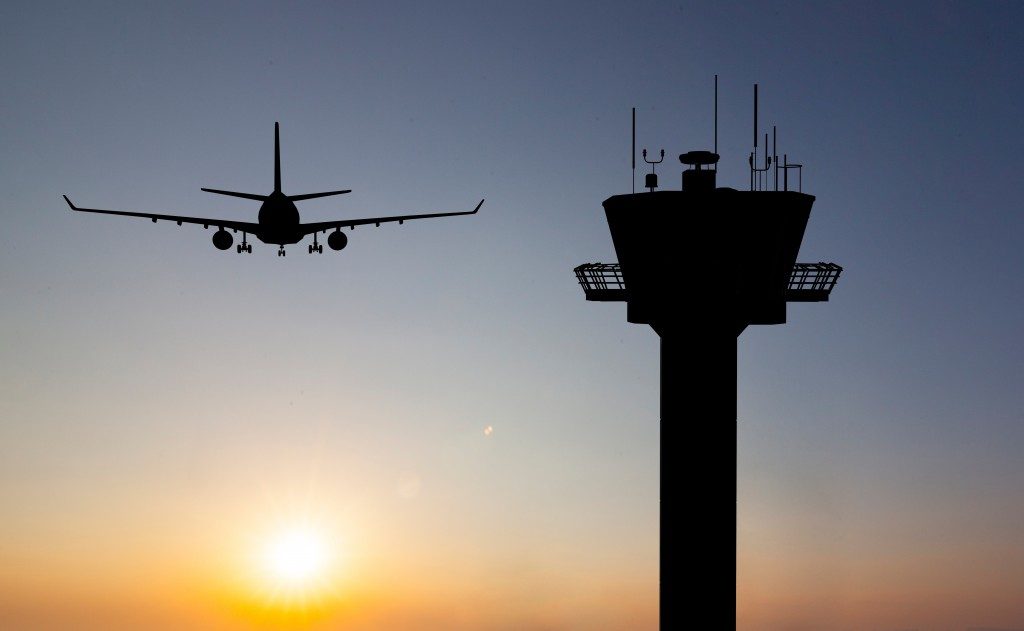Travel entails risks. No one is exempt. These risks range from small nuisances, such as a rainy day while exploring the city, to serious ones like medical emergencies or vehicular accidents.
The issue is magnified in the case of VIPs like top-level company executives. Whether they’re traveling for business or for pleasure, they remain vulnerable to unsavory characters who may want to harm them or take advantage of their position to make a statement.
Take, for instance, the unofficial travel alert concerning technology company executives in December 2018. Some American tech firm executives were advised to postpone travel plans to China following the arrest of Huawei Technologies’ Chief Financial Officer Meng Wanzhou in Canada, out of fear of retaliation. Chinese executives similarly expressed reluctance to continue travel plans to the US.
The Cost of Keeping Powerful CEOs Safe
Chief Executive Officers (CEO), presidents, and other members of the C-suite take on the job of running the business. Keeping them safe (and ensuring they continue doing their jobs) falls to the company.
That’s why organizations and businesses shell out large sums of money for armed security services. Amazon spends $1.6 million annually for business and travel security of its founder and CEO Jeff Bezos, who has a net worth of over $150 billion. In 2017, Apple spent $224,216 on the personal security of its CEO Tim Cook while Facebook spent $7.3 million on the security of its co-founder and CEO Mark Zuckerberg. Maintaining the home security of Oracle’s executive chairman Larry Ellison costs the company almost $1.5 million per year.
Protecting Lives and Shareholder Value
These security personnel protect C-suite executives not just when they’re traveling but in their day-to-day lives. They keep them from falling prey to relatively harmless pies to the face or more serious threats like kidnapping attempts.
Executive protection is also a form of insurance policy. It safeguards high-level executives from harm and is visible proof of the company protecting its shareholder value. After all, C-suite executives are among any company’s most valuable assets.

They have knowledge and access to highly classified information that may bring a company to financial ruin if it falls into the wrong hands. Life-threatening situations will cause a dip in the shareholder value and stock price for days, or even weeks, depending on the situation. Negative press surrounding a seemingly harmless event may affect shareholder value, as well.
Better Security Increases Business Efficiency
An effective executive protection detail can improve the business efficiency of C-suite members. They help expedite the executives’ travel stops and prevent wasted time during scheduled events. Having personal security services take care of crowd control during events or even during normal business days (walking to and from cars, buying food, etc.) can save time and increases mobility.
Security teams aren’t just reactive — they need to be proactive, as well. Apart from safety and security, some executive protection services may also include taking care of personal needs, such as checking into hotels, driving cars, and handling the delivery of important documents.
A well-trained armed security detail does more than protect high-level company executives from dangerous and life-threatening situations. They also contribute positively to the company’s bottom line.




